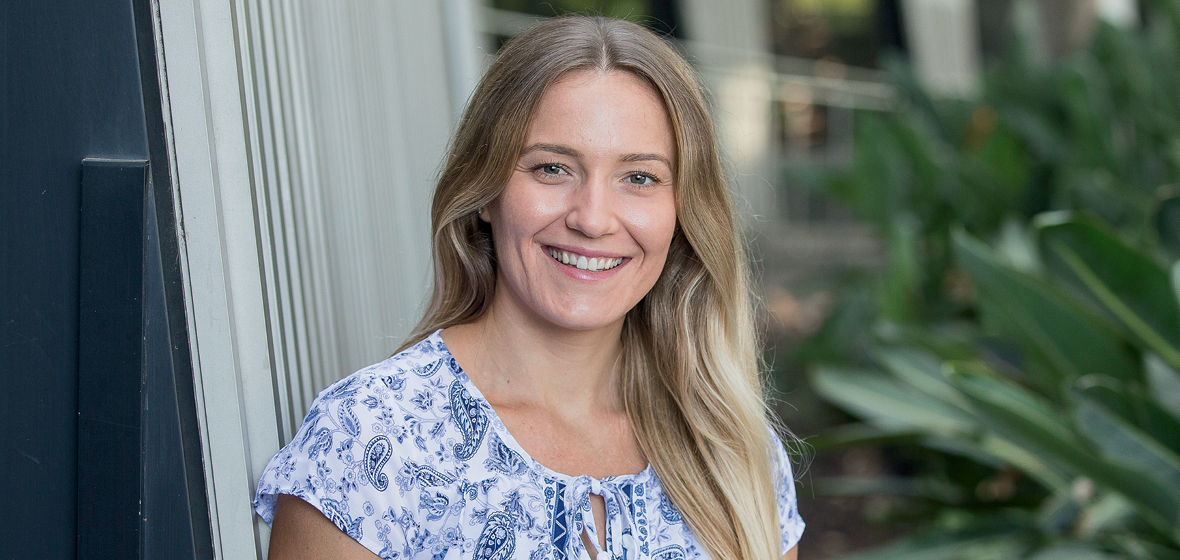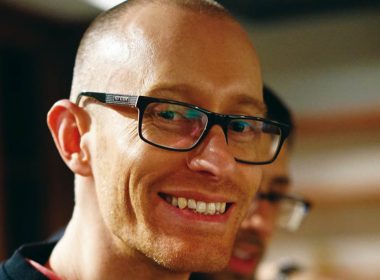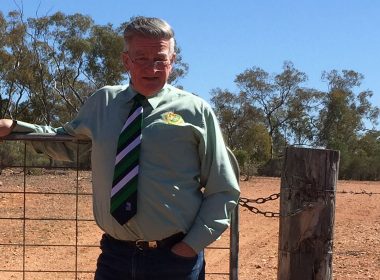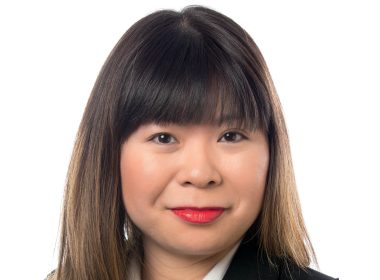As a generalist solicitor at Kingsford Legal Centre (KLC) in Sydney, Anita Will represents clients on a range of matters including sex discrimination cases and employment situations where sexual harassment has occurred.
In 2018, the momentum of the #MeToo movement inspired Will and her colleagues to spread an educational message on sexual harassment to a new generation: high school students.
The KLC team, with the help of volunteer UNSW law students, set up and ran “#MeToo – It’s About You” workshops in local schools Matraville Sports High and JJ Cahill. The program received positive feedback from teachers and attracted media attention from Buzzfeed and The Southern Courier. Will’s next presentation will be held at Randwick Boys High in March.
What sparked the idea for this sexual harassment education program?
In 2018, the #MeToo movement was gaining a lot of momentum and we had a conversation in the office about how we could be a part of that, drawing from our state-wide discrimination law practice. We have a big focus on community legal education and wanted to help. I think it’s important to have this conversation with young people, particularly as they begin to enter the workforce. I wanted to help them understand what sexual harassment is, so they would be able to identify it and know what to do if it happens to them or someone they know. Basically, I had the idea of creating some sort of CLE presentation to give to local high schools.
Who are you targeting and why?
The presentation is aimed at Year 9 and 10 students, both male and female. We thought it good to aim at that age range because they’re old enough to be having that conversation. They are about to enter the workforce because many of them are getting part-time jobs, and many of them don’t really know their rights.
How much did the students seem to know (or not know) about sexual harassment?
A lot of students didn’t know the difference between sexual harassment and sexual assault. So, they kind of thought that there had to be some sort of physical touching for it to be sexual harassment. We asked them what sexual harassment was and they would say things like rape, abuse, so on. Obviously, there were varying levels of understanding from different students.
What has been the response?
Interestingly, the students were very receptive to learning about sexual harassment and adapting their ideas – more so than you might expect. Certainly more than some adults.
The teachers were really impressed by the program. We asked the students to fill out surveys after the program and the feedback was really positive – saying they had walked away and learnt something new including how jokes or sexual propositioning could be sexual harassment and that they didn’t have to put up with this kind of behaviour. We’re hoping to take it to more schools and to spread the message further by creating some materials that the students can take away. It’s a small thing we can do to contribute to cultural change on a much broader level in society.




